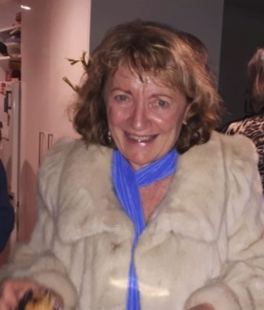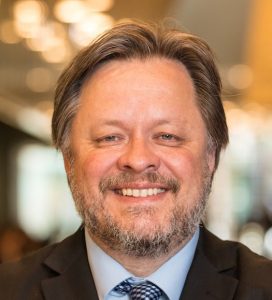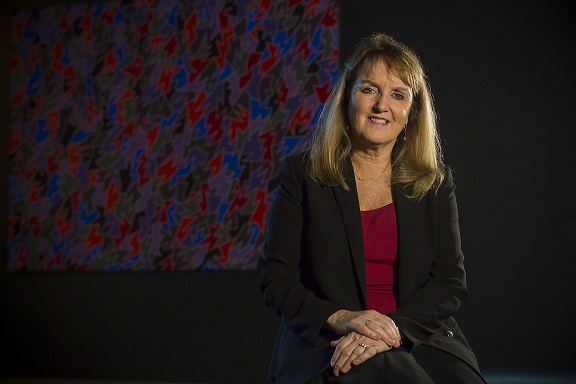Anne Keary
How the Mother-Daughter Exchange Began in 1994

De/Composition
I took Irigaray’s (1993a) advice and talked with my mother about the photos in my grandmother’s photo album, an object, which had been passed between three generations of women. The photo album proved to be a magnificent resource in a dialogue between my mother and I as the photos provided the license for a mother-daughter exchange. They were something concrete, as well as symbolic, that my mother and I could share. The photos acted as a frame for our discussion. They prompted and augmented the act of remembering. The photos were a medium that made the telling of a life history less rigorous and provided it with an anecdotal warmth and humour. The photographs acted as a triggering mnemonic device that generated discussion. As well, they were an alternative dialogue process with which to interview my mother. I think my mother enjoyed my interest and attention to her history, and I know that I savoured our exchange. Many things were left unsaid, yet the photos opened up an opportunity for many things to be said.
Ronnie Egan (Associate Professor of Field Education, School of Global Urban and Social Studies, RMIT)
I come to this project, with Anne, as an insider with an insider’s experience and sensibility of the small catholic community both of us grew up in. Anne’s research is about how our catholic upbringing has seeped into and shaped our intergenerational relationships with our mothers, sisters, nieces and my daughter. Unlike the other authors, Anne and I were participant researchers; the stories in her research are our stories and those of our families and friends. There is an intimacy attached to them that Anne has taken the utmost respect to represent.
Lucas Walsh (Exectutive Dean and Professor of Education Policy and Practice, Youth Studies, Faculty of Education, Monash University)

Having worked with Anne, I became aware of the treasure-trove of stories and often profound insights that Anne had collected for this book. As a researcher of young people and their transitions from school to post-school life, I readily accepted her offer to contribute to this volume. Working my way through stories was a richly rewarding and sometimes deeply moving experience. But there were also challenging questions. The first was: how to make sense of all this “data” from across decades? Part of this challenge was to make narrative sense of these complex and nuanced life experiences, and then locate them within wider frame. Echoing the wider literature, women’s transitions are not neat. They are relational and frequently “disrupted”, in the sense that they are not linear and sometimes, the participants’ stories painted a different picture to the one visible in the wider data. Life is messy and resists reduction and simple categorisation. But there were continuities and themes across generations and in relation to wider trends in education and work, and I have tried to capture some of these through an historical and sociological lens.
Kirsten Hutchison (Senior Lecturer, School of Education, Deakin University)
As a colleague and friend, I was delighted to receive the offer from Anne to co-write a chapter for this volume. It has been an opportunity to participate in a longitudinal study of three generations of women’s lives, exploring memory, storytelling and social change. It has involved dialogue and meditation on how faith, spirituality, schooling, gender interweave to produce subjectivities and identities. One strand of my research has explored women’s lives and the significant and largely invisible maternal labour involved in resourcing and supporting their children’s education through their experience of homework. Anne’s study investigates another dimension of women’s lives rarely discussed, the relationships between mothering and faith, and illustrates the power of longitudinal, ethnographic studies to show nuanced changes over time.
Julie Faulkner (Senior Lecturer, Faculty of Education, Monash University)

There is a story circulating that has a number of variations in the telling, but basically goes like this:
Two young fish were swimming past an older fish who said to them as they passed, ‘Hi boys – how’s the water?’
‘Good,’ they nodded as they swam by him. Once out of earshot, one turned to the other and said ‘What’s the water?’
‘Dunno,’ he replied.
And they swam on.
It’s the water that is being explored in this book. As a teacher researching her own practice, I had to learn to ‘make the familiar strange’, as anthropologist Clifford Geertz coined it in the 1970s. It’s an exhausting process to continually question the assumptions underpinning ‘common sense’ ways of being. These assumptions have been inculcated in our thinking from a young age and accepted by us long ago as ‘given’. It is often only when we are confronted by a culturally different proposition that we might question our own premises and wonder at their own arbitrariness. It can take us down risky paths – in my case, ‘school’ became an increasingly odd and ill-fitting vehicle for young people’s learning. My research led me to conclude most learning that mattered occurred for students out of school, which shook the foundations of my until now unquestioned professional certainties. This unsettling conviction was realigned for me by a colleague, who observed that too many PhDs she had read ‘merely confirmed what the researcher thought she already knew’. There was no element of surprise, and therefore, of learning. The realisation stimulated my research interests and now, as I write, my focus is Catholic mother-daughter relationships and the network of (sometimes tacit) beliefs, values and understandings within which they sit.